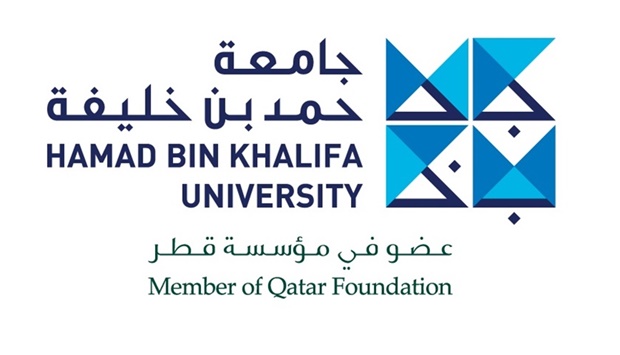The role of financial technology (FinTech) in building a robust and competitive economy was the focus of the 6th CEOs and Islamic Finance Roundtable organised by the Center for Islamic Economics and Finance (CIEF) at the College of Islamic Studies (CIS), Hamad Bin Khalifa University (HBKU), on Jan12. The annual event brought together industry participants and academics to address burgeoning topics of mutual interest and enhance understanding through an open discussion.
Moderated by Dr Ahmet Aysan, Professor and Coordinator of the Islamic Finance and Economy Program at CIS, the discussion-based event aimed to advance the Qatar National FinTech Strategy and Qatar National Vision 2030 by fostering an open dialogue among industry leaders, regulators, and academia while providing an opportunity for students to become more involved in the industry.
Discussions highlighted the significant progress Qatar has made in structuring and developing a sustainable and globally competitive FinTech ecosystem since the formation of the Qatar National FinTech Taskforce in 2017. Accordingly, Qatar is committed to the National FinTech Strategy to diversify its economy that was effectively commenced with the establishment of the Qatar FinTech Hub (QFTH) in April 2020.
Dr. Emad El-Din Shahin, Dean of CIS, said: "We are delighted to have hosted this key annual event with an elite class of participants selected from across the financial sector. Debates such as this are necessary to enable CIS to address topics that are directly related to financial and technological progress. Islamic finance is actively progressing in embracing Fintech and transforming its services. It is an honour for the college to lead such discussions and facilitate constructive debate around such a pertinent topic."
FinTech encompasses advances in technology and changes in the business model that can transform the provision of financial services via innovative instruments, channels, and systems. With global FinTech investments reaching $133.5bn in 2019 and continuing to remain unwavering at $105.4bn during the break of Covid-19 in 2020 and $98bn in the first half of 2021, it is reasonable to believe that FinTech will spearhead and shape the transformation of financial services in the future. Despite this positive growth, the Mena region accounted for less than 1% of the global investments.
Moderated by Dr Ahmet Aysan, Professor and Coordinator of the Islamic Finance and Economy Program at CIS, the discussion-based event aimed to advance the Qatar National FinTech Strategy and Qatar National Vision 2030 by fostering an open dialogue among industry leaders, regulators, and academia while providing an opportunity for students to become more involved in the industry.
Discussions highlighted the significant progress Qatar has made in structuring and developing a sustainable and globally competitive FinTech ecosystem since the formation of the Qatar National FinTech Taskforce in 2017. Accordingly, Qatar is committed to the National FinTech Strategy to diversify its economy that was effectively commenced with the establishment of the Qatar FinTech Hub (QFTH) in April 2020.
Dr. Emad El-Din Shahin, Dean of CIS, said: "We are delighted to have hosted this key annual event with an elite class of participants selected from across the financial sector. Debates such as this are necessary to enable CIS to address topics that are directly related to financial and technological progress. Islamic finance is actively progressing in embracing Fintech and transforming its services. It is an honour for the college to lead such discussions and facilitate constructive debate around such a pertinent topic."
FinTech encompasses advances in technology and changes in the business model that can transform the provision of financial services via innovative instruments, channels, and systems. With global FinTech investments reaching $133.5bn in 2019 and continuing to remain unwavering at $105.4bn during the break of Covid-19 in 2020 and $98bn in the first half of 2021, it is reasonable to believe that FinTech will spearhead and shape the transformation of financial services in the future. Despite this positive growth, the Mena region accounted for less than 1% of the global investments.

